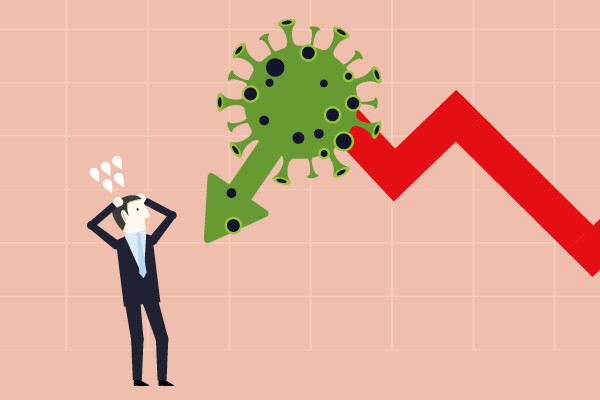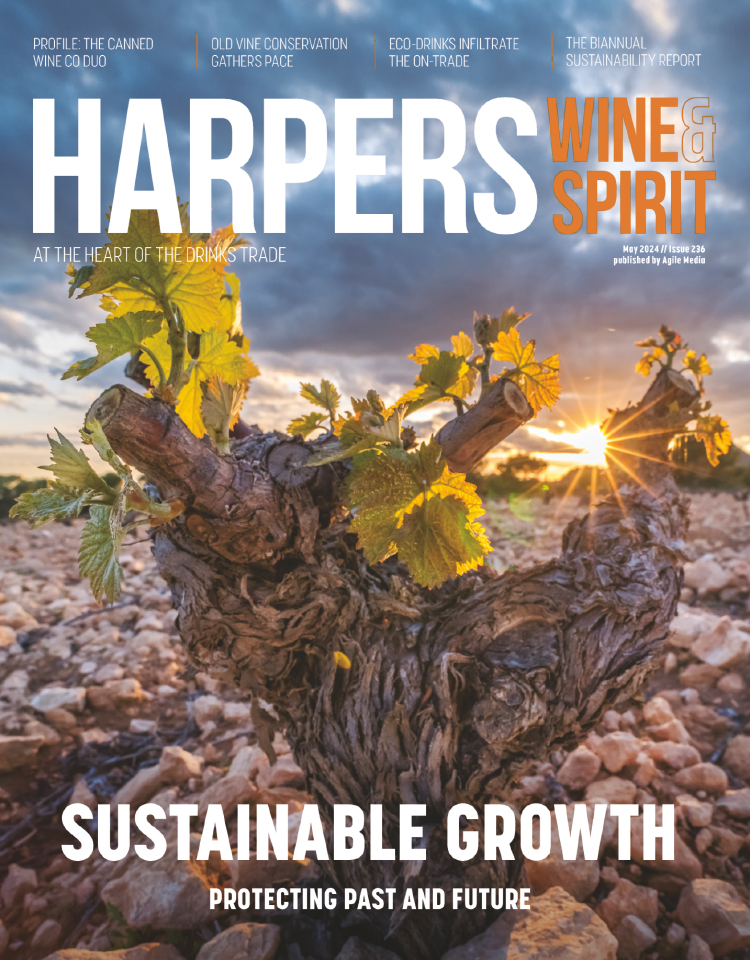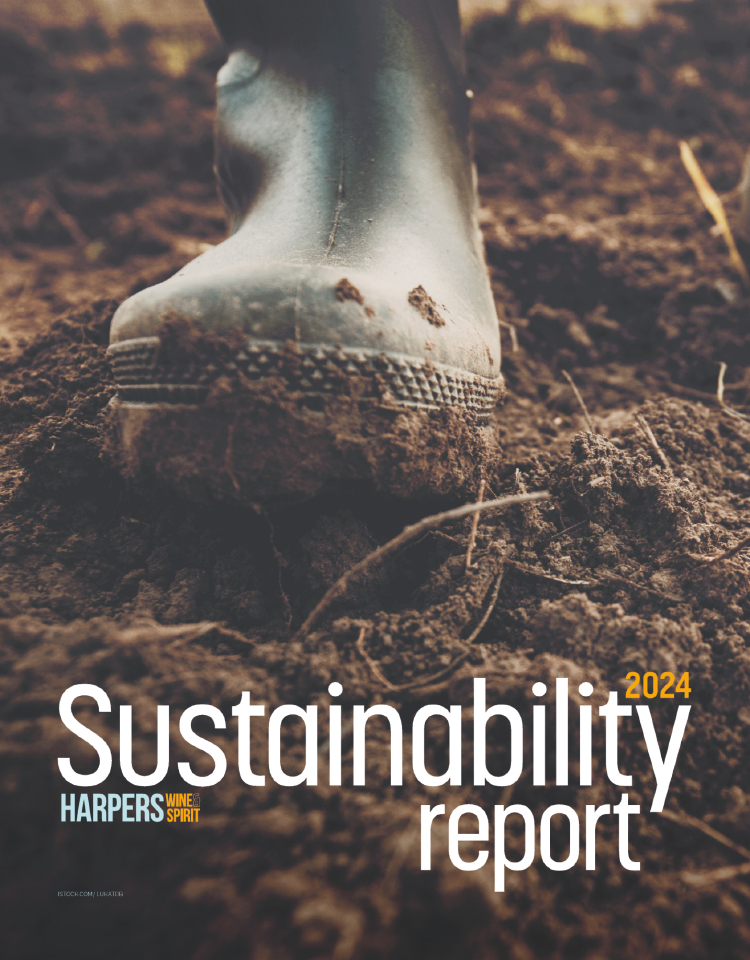
Alcohol sales knocked back until 2022
Despite the shift from on-trade to home drinking, lockdown could still leave a sobering £7bn hole in UK alcohol sales this year.
While much has been made of the upturn in home drinking and off-trade sales, with merchants and supermarkets often struggling to meet demand during early lockdown, this displacement has failed to plug the gap left by the closure of the on-trade.
During April only 20% of adults spent more on alcoholic drinks for home consumption, according to Mintel’s latest UK Alcoholic Drinks Review Market Report, which also assessed the impact of Covid-19 on the trade.
The market analysts’ research predicts “a significant loss of volume sales in the market overall, down to around £42bn in 2020, due to restaurant, bar and pub closures”, compared with the £49bn worth of alcoholic drinks sold in the UK in 2019.
Moreover, in line with the ongoing pre-pandemic trend, younger consumers especially have shown a “high tendency” to moderate their intake of alcoholic drinks, further diminishing the overall volume consumed, posing a “marked challenge” to the alcoholic drinks market, even before Covid-19.
The predicted £7bn drop off in 2020, however, would be offset in the longer term by “modest growth” from 2022 and beyond, with 2022 delivering an upturn to £51bn sales.
Some alcohol categories would fare better than others, suggests the report, with low and no-alcohol drinks continuing to grow against the backdrop of an accelerated trend to health and wellbeing.
Wine and dark spirits markets are expected to lose volume sales, but growth in beer, cider and white spirits/RTDs will more than offset this, the report forecasts.
Significantly, it singles out beer as being “an early mover into the lower and non-alcoholic drinks space”, allowing it to tap into the alcohol moderation trend – a space that wine (to a degree because of legal definitions on minimum alcohol strengths) and wine-based drinks have yet to fully exploit.
Spirits, meanwhile, with the flexibility already offered by the widespread embrace of cocktails and mixing, may fare better, depending on sub-category and willingness to offer low-strength RTD products and engage in NPD.
“At the same time as facing the immediate upheaval brought about by the Covid-19 outbreak, the industry must also look ahead and respond to widespread consumer concerns about the healthiness of alcoholic drinks and the alcohol moderation trend, which the increased focus on health resulting from the outbreak will elevate,” said Mintel research analyst Angharad Goode.
“Promisingly for the industry stalwarts, low alcohol and non-alcoholic versions from favourite drinks brands appeal widely, giving them a strong footing to explore this space.”
Keywords:
- UK
- On-Trade
- alcohol
- sales
- indies
- UK market
- off-trade
- independents
- drinking
- mintel
- 2020
- Covid-19
- pandemic
- £7bn decline
- home drinking lockdown
- sobering £7bn hole
- uk alcohol sales
- home consumption





